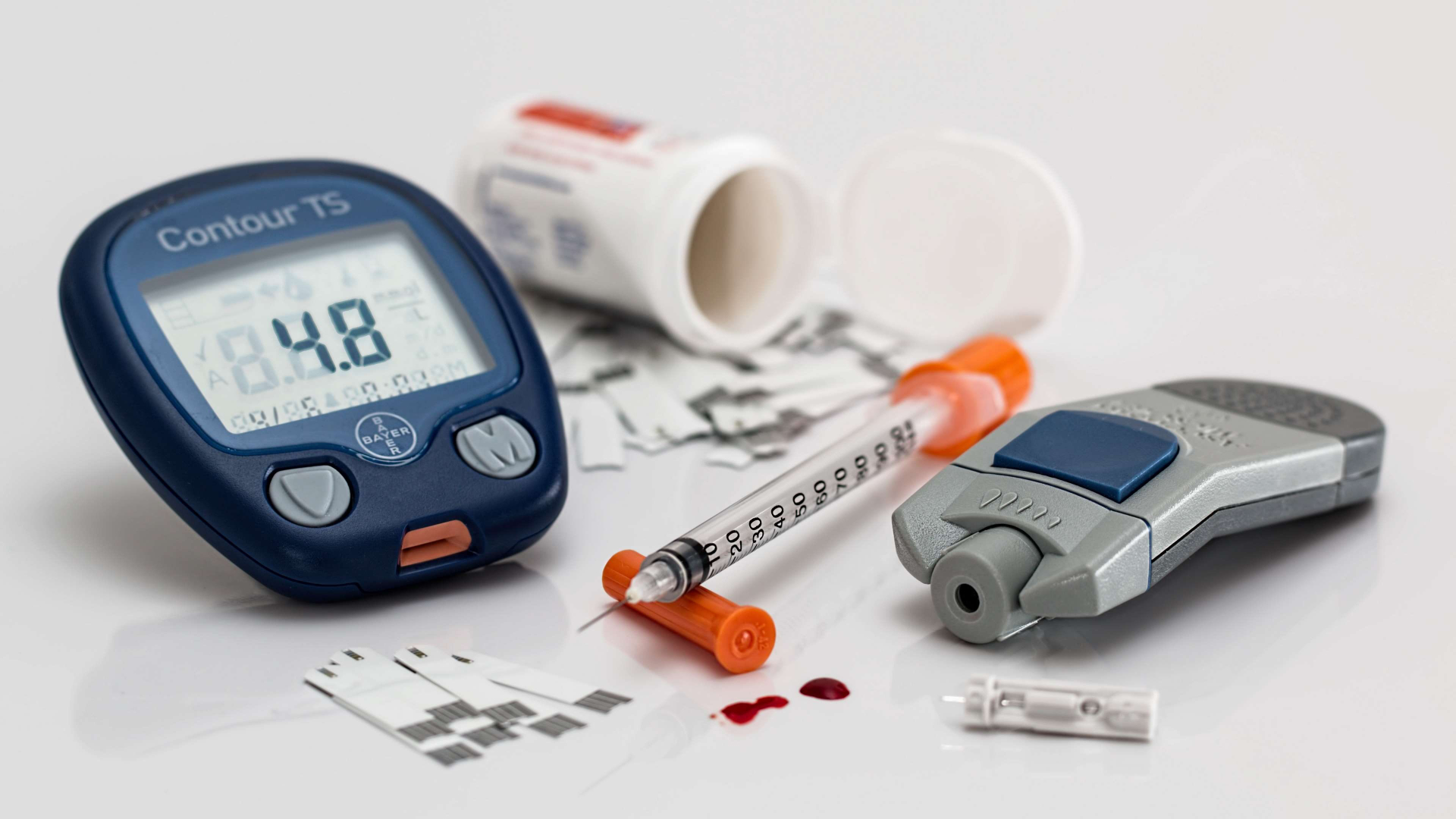Researchers at the Washington University School of Medicine in St. Louis have identified a protein, known as TBC1D3, found only in humans and other primates, that opens insulin pathways and allows cells to take up glucose. The discovery of this protein may lead to new treatments for type 2 diabetes, obesity, and other health problems associated with blood sugar regulation problems. “When cells made more of the TBC1D3 protein, they had a much bigger response to insulin,” says senior author Philip Stahl. “We found that TBC1D3 significantly slows the deactivation of a molecule that relays signals from the insulin receptor. This enhances the cells’ response to insulin.” The researchers found that higher levels of TBC1D3 keeps “the insulin signaling pathway turned on longer,” Stahl says. TBC1D3 is part of a cluster of proteins that control nutrient uptake, cell growth and proliferation, and aging. Genetic factors may influence the activity of TBC1D3. Copies of the gene are found five to more than 50 times in each person’s DNA. Future studies will compare the insulin response of cells with many copies of the protein to those with fewer copies.
Protein May Play Role in Obesity, T2 Diabetes, Aging





